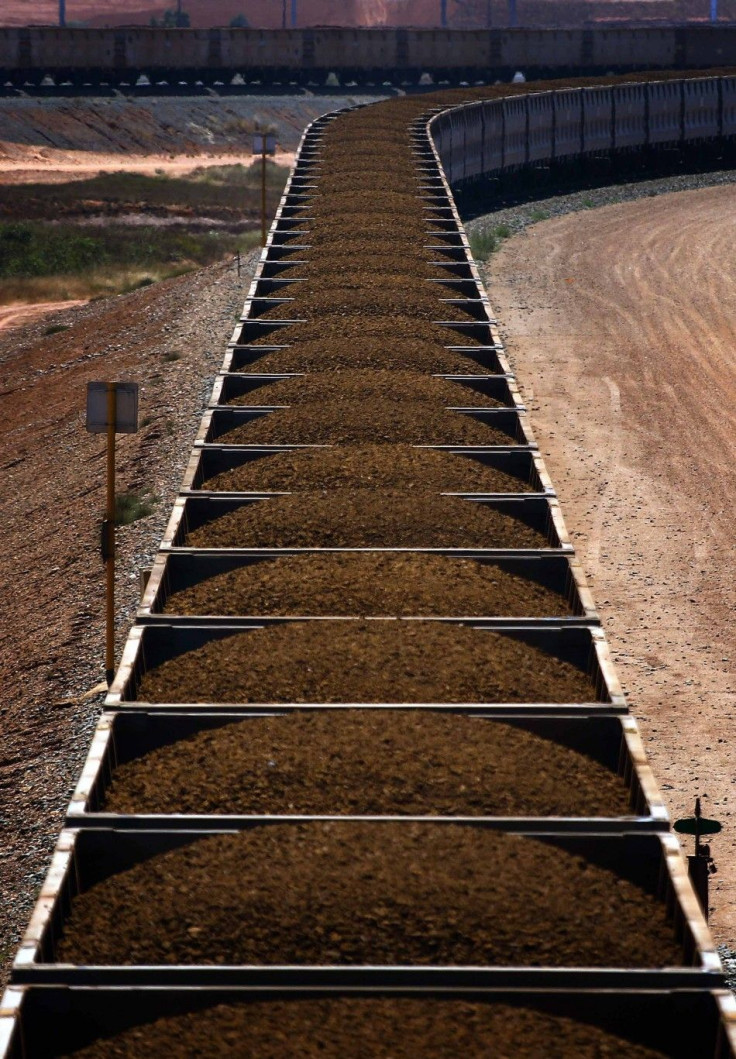Iron Ore Prices Plummet to $89/Tonne

Morgan Ball, the director of BC Iron, said on Tuesday that the mood in Perth is apprehensive but pragmatic after iron ore prices dipped to its 2012 level of $89 per tonne.
The price reduction of ore for delivery to the port of Tianjin has slid down 34 per cent to the year as iron ore stock piles in China reach near record levels due to the slower growth in the world's second-largest economy.
He explained after touring media of the company's mining operations in Nullagine in Pilbara, "We're all in a cyclical industry so we're used to downturns, Business Spectator quoted Ball.
He said that as it is, the cash cost for BC Iron is expected to go down to between $60 and $70 per tonne, depending on currency fluctuation. If prices of the key steelmaking ingredient would further plummet, he said it could lead to talks with contractors about cutting costs of exploration and business development.
But Ball added that there would likely be no job cuts in the company despite the declining cost of iron ore due to overstacking in China, the top consumer of the commodity.
Helen Lau, analyst of UOB Kay Hian, forecast a floor price of $80 in the second half, telling Bloomberg, "During the summer season, you can expect the continuous slowing down of steel production. Steel mills have no interest in replenishing their stocks."
Wood Mackenzie, a global consultancy, forecast average price of $107 in 2014, which would further fall to $98 in 2015 in real 2014 terms, and to $90 in 2017, inclusive of costs and freight.
Meanwhile, Deutsche Bank cut its forecast for iron ore prices to $113.10 for 2014 and $89.30 for 2015.
News of the lower iron ore price caused shareprices of iron ore miners to also move downward. BC Iron shares dropped 3.26 per cent to $2.97 at 4:15 pm when the market close, but the benchmark fall was smaller at 0.21 per cent.
YouTube/CommSecTV




















